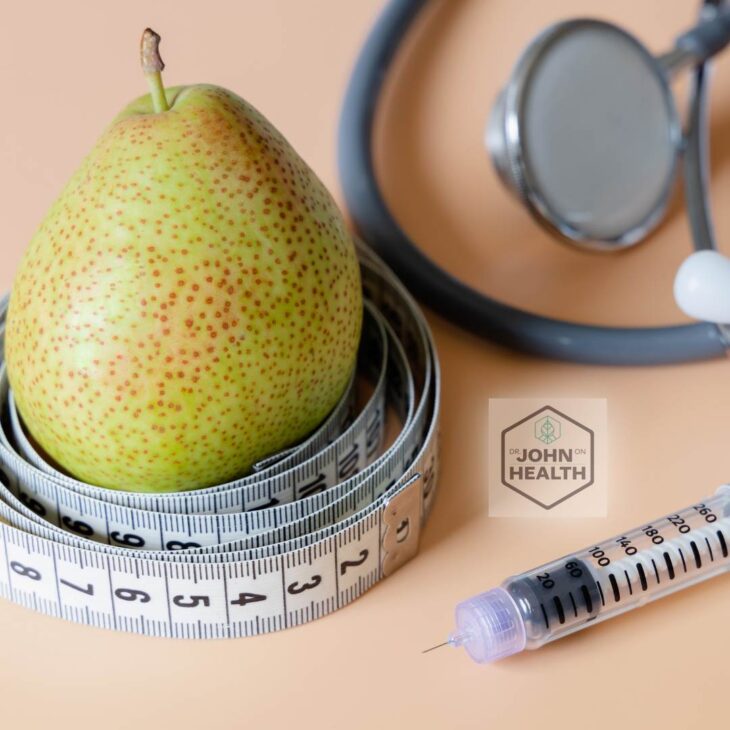
How Weight Loss Drugs Work
Some weight loss drugs in use today are largely variants of medications used to treat convulsions, addiction, or depression that were also found to lower appetite. Others are modifications of drugs used to lower blood sugar in Type 2 diabetes. This latter type of drug works as follows.
Normally, the intestine releases a hormone in response to glucose molecules in food. This hormone stimulates the pancreas to release insulin, but it also suppresses the sensation of hunger for a short time. With these new drugs, researchers have found a way to prolong the action of this intestinal hormone to achieve continued insulin release and thus a longer suppression of hunger. You don’t feel like eating as much. This may seem like a good way to eat less, but it is not.

The danger is that some weight loss drugs can be addictive and cause severely high blood pressure if taken for a long period of time. The Type 2 diabetes drugs modified for weight loss have been found to cause nausea, vomiting, diarrhea, and constipation in a significant number of people. Clearly, people with an upset stomach will eat less food and so lose weight. The prolonged suppression of hunger by weight loss drugs may also interfere with the intake of needed nutrients in a timely fashion, leading to food cravings. Worse, the continued release of insulin could lead to cancer cell growth.
Finally, the potential complications associated with long-term use of these drugs have not yet been fully identified. In most cases of drug-induced weight loss, the rate at which one loses weight tapers off significantly after about one year. Whether from discouragement or other reasons, when people stop taking the drug they start regaining the weight. Many non-prescription food supplements are also being marketed as natural weight loss products, but they lack long-term controlled studies for verification. There is also no standardization of strength or quality control measures. Some are known to produce insomnia, irritability, and headache. In short, you are taking a chance when you resort to medications or food supplements as your method to lose weight.
The author of the award-winning book, Diabetes: The Real Cause and the Right Cure, and Nationally Syndicated Columnist, Dr. John Poothullil, advocates for patients struggling with the effects of adverse lifestyle conditions.
Dr. John’s books, available on Amazon, have educated and inspired readers to take charge of their health. You can take many steps to make changes in your health, but Dr. John also empowers us to demand certain changes in our healthcare system. His latest book, Beat Unwanted Weight Gain, reveals the seven most essential strategies for shedding pounds—and keeping them off for good.
Follow or contact Dr. John at drjohnonhealth.com.
As a best-selling author and Nationally Syndicated Columnist, Dr. John Poothullil, advocates for patients struggling with the effects of adverse lifestyle conditions.
Dr. John’s books, available on Amazon, have educated and inspired readers to take charge of their health. There are many steps you can take to make changes in your health, but Dr. John also empowers us that we must demand certain changes in our healthcare system as well. This article is an excerpt taken from “Diabetes: The Real Cause and the Right Cure”, now available in a second edition.
Follow or contact Dr. John at drjohnonhealth.com.





